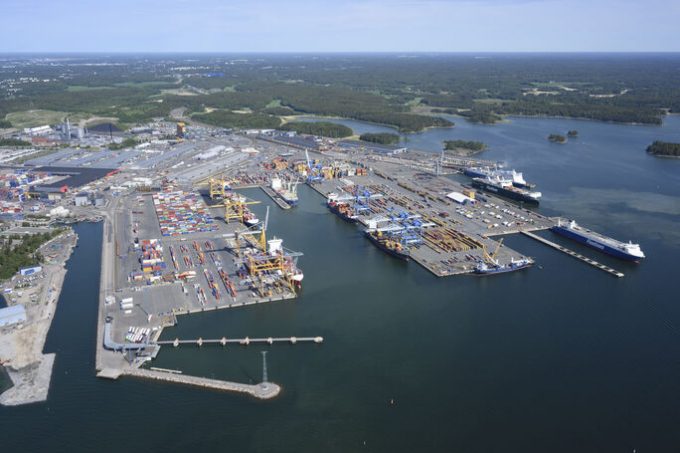Police probe role of Yangpu Newnew box ship in gas pipeline damage
Finnish police said on Friday they were investigating the containership Newnew Polar Bear, as it may ...

Finland’s supply chains look set for a reprieve after the country’s trade unions issued a temporary pause to the weeks-long labour disruption.
Today, the Central Organisation of Finnish Trade Unions (SAK) confirmed that the wave of port strikes would cease on Monday morning at 6am.
Petri Laitinen, MD of the Finnish Freight Forwarding and Logistics Association, told The Loadstar: “No decision about the long-term has been taken, with the possibility of further action, but this is ...
'Disastrous' DSV-Schenker merger would 'disrupt European haulage market'
'To ship or not to ship', the question for US importers amid tariff uncertainty
'Chaos after chaos' coming from de minimis changes and more tariffs
List of blanked transpac sailings grows as trade war heats up and demand cools
EC approves DSV takeover of DB Schenker
Shippers in Asia restart ocean shipment bookings – but not from China
Forto 'sharpens commercial priorities' as it lays off one-third of staff
India withdraws access for Bangladesh transhipments, in 'very harmful' decision
'Tariff hell' leaves industries in limbo – 'not a great environment to plan'
Temporary tariff relief brings on early transpacific peak season
Pre-tariff rush of goods from US to China sees air rates soar, but not for long
De minimis-induced ecommerce demand slump could cripple freighter operators
Asian exporters scramble for ships and boxes to beat 90-day tariff pause
Forwarders 'allowing the fox into the chicken run' by supporting 'hungry' carriers
Hapag 'took the bigger risk' when it signed up to Gemini, says Maersk
'Restoring America's maritime dominance' – stop laughing at the back of the class

Comment on this article